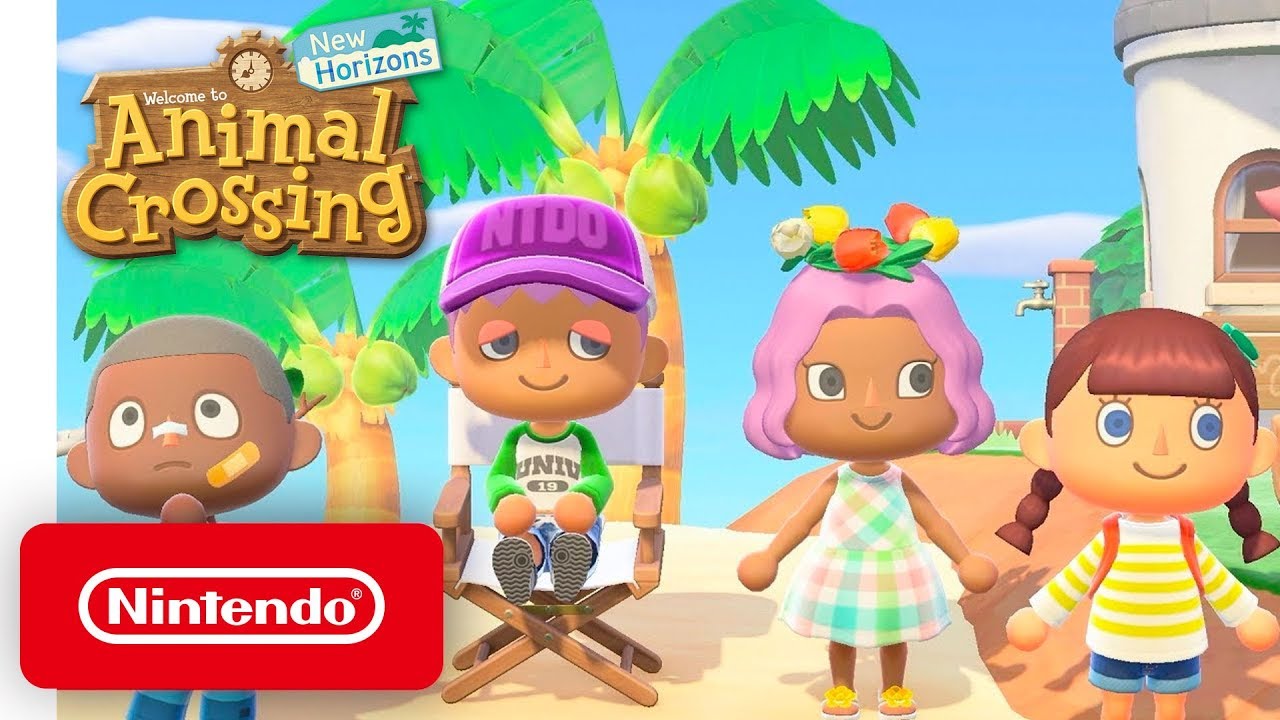In a notable development within the gaming industry, the Japan Patent Office has denied Nintendo's application to patent a core Pokémon-style mechanic—catching monsters in-game.
This decision arrives as Nintendo is embroiled in a high-profile lawsuit against Pocket Pair, the developer behind Palworld, which is accused of infringing on Pokémon’s intellectual property.
The patent attempt, filed by Nintendo in March 2024, described a system for catching characters during gameplay, reminiscent of the methods used in Pokémon Let’s Go Pikachu and Eevee for Nintendo Switch.
This move was widely interpreted as an effort by Nintendo to strengthen its legal standing in its dispute with Palworld, which launched in January 2024 and has drawn comparisons for its creature-collection gameplay. According to a recent report from GamesFray, the Japan Patent Office (JPO) officially rejected Nintendo’s filing on the grounds that it lacked an "inventive step." In patent law, an "inventive step" is a standard that an idea must clear by being more than just a predictable combination of known concepts.
While Pokémon has certainly popularized monster capture mechanics, the JPO concluded that the underlying act of capturing creatures is not unique enough to merit a patent.
As explained by GamesFray, the innovation must go beyond established ideas and demonstrate a novel method or execution. Nintendo now faces the option to appeal the decision.
The company can petition the Intellectual Property High Court (IPHC) in Japan to further consider its argument for originality.
The appeals process could involve additional assessments and prolonged examinations, potentially creating a lengthy legal journey for Nintendo.
However, as it stands, the patent rejection does not directly alter the current state of the legal battle against Pocket Pair and Palworld, but it complicates Nintendo's broader intellectual property strategy. Industry observers note that, despite Pokémon's three-decade legacy, this is one of the first known cases where Nintendo sought explicit patent protection for a core game mechanic rather than original characters, trademarks, or unique game content.
The lack of an existing patent in this area is surprising given Pokémon’s global influence and sustained success. This setback comes alongside continued strong performance from the Pokémon franchise on platforms like Nintendo Switch.
For example, Pokémon Legends: Z-A recently sold 5.8 million copies during its opening weekend, reaffirming the series’ commercial strength.
Meanwhile, the Pokémon TCG Pocket’s Mega Rising card set is slated for release on October 29th, and Pokémon titles continue to headline major Nintendo Direct presentations and eShop updates. As Nintendo navigates the evolving landscape of game development, intellectual property, and competition, the outcome of this patent case could have lasting implications.
For now, the iconic monster capture gameplay, first made famous by Pokémon, remains available for creative adaptation across the gaming industry.
This decision arrives as Nintendo is embroiled in a high-profile lawsuit against Pocket Pair, the developer behind Palworld, which is accused of infringing on Pokémon’s intellectual property.
The patent attempt, filed by Nintendo in March 2024, described a system for catching characters during gameplay, reminiscent of the methods used in Pokémon Let’s Go Pikachu and Eevee for Nintendo Switch.
This move was widely interpreted as an effort by Nintendo to strengthen its legal standing in its dispute with Palworld, which launched in January 2024 and has drawn comparisons for its creature-collection gameplay. According to a recent report from GamesFray, the Japan Patent Office (JPO) officially rejected Nintendo’s filing on the grounds that it lacked an "inventive step." In patent law, an "inventive step" is a standard that an idea must clear by being more than just a predictable combination of known concepts.
While Pokémon has certainly popularized monster capture mechanics, the JPO concluded that the underlying act of capturing creatures is not unique enough to merit a patent.
As explained by GamesFray, the innovation must go beyond established ideas and demonstrate a novel method or execution. Nintendo now faces the option to appeal the decision.
The company can petition the Intellectual Property High Court (IPHC) in Japan to further consider its argument for originality.
The appeals process could involve additional assessments and prolonged examinations, potentially creating a lengthy legal journey for Nintendo.
However, as it stands, the patent rejection does not directly alter the current state of the legal battle against Pocket Pair and Palworld, but it complicates Nintendo's broader intellectual property strategy. Industry observers note that, despite Pokémon's three-decade legacy, this is one of the first known cases where Nintendo sought explicit patent protection for a core game mechanic rather than original characters, trademarks, or unique game content.
The lack of an existing patent in this area is surprising given Pokémon’s global influence and sustained success. This setback comes alongside continued strong performance from the Pokémon franchise on platforms like Nintendo Switch.
For example, Pokémon Legends: Z-A recently sold 5.8 million copies during its opening weekend, reaffirming the series’ commercial strength.
Meanwhile, the Pokémon TCG Pocket’s Mega Rising card set is slated for release on October 29th, and Pokémon titles continue to headline major Nintendo Direct presentations and eShop updates. As Nintendo navigates the evolving landscape of game development, intellectual property, and competition, the outcome of this patent case could have lasting implications.
For now, the iconic monster capture gameplay, first made famous by Pokémon, remains available for creative adaptation across the gaming industry.





